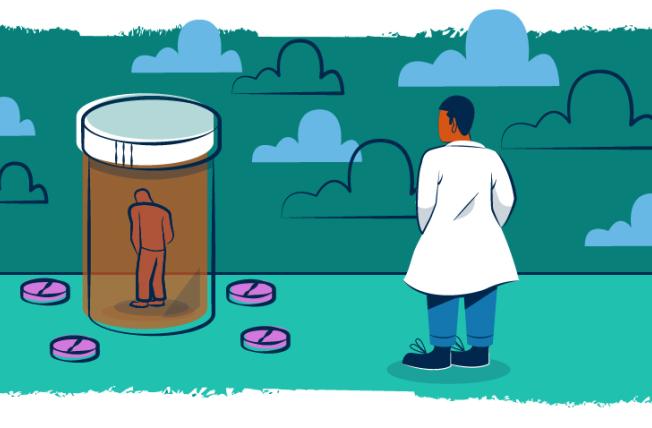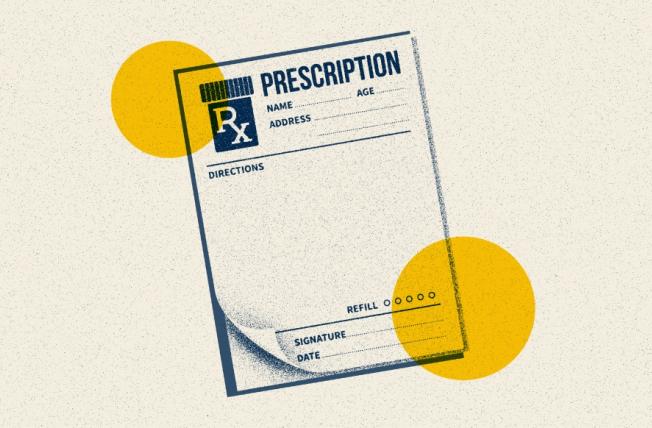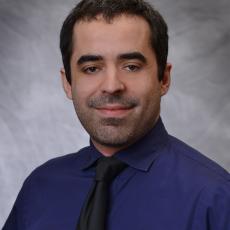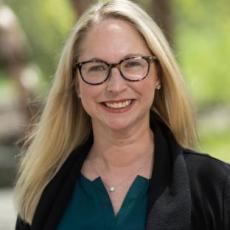

Opioid & Substance Use
Reversing alarming trends in substance use-related harms requires new approaches and unique partnerships. Our experts are working to develop novel solutions to address this public health problem that affects every segment of our society, with a particular focus on the U.S. opioid epidemic.

Featured
News
Over 1,000 clinicians took part in the survey
Informing Policy: Opioid-Related Briefs
IHPI briefs summarize key research findings and considerations for policymakers and other stakeholders. Check out the full list of briefs here.

Use of Medications for Opioid Use Disorder After Overdoses Among Medicaid Enrollees
Research by a U-M team finds that medications for opioid use disorder were rarely prescribed following emergency department visits for opioid overdose among patients with Medicaid. READ MORE

Impact of COVID Telehealth Policy Changes on Access to Medication Treatment for Opioid Use Disorder
U-M studies suggest that telehealth played a major role in maintaining and increasing access to buprenorphine treatment for people with opioid use disorder during the COVID-19 pandemic. READ MORE

Improving Access to Primary and Pain Care for Patients Taking Opioids for Chronic Pain in Michigan
Researchers examined barriers to primary and specialty pain care for patients taking opioids for chronic pain and outlined a series of policy considerations to improve access. READ MORE

This free, self-paced U-M Massive Open Online Course (MOOC) aims to help providers understand every facet of the opioid crisis. The course is designed primarily for non-prescribing healthcare, behavioral health, dental, and social services professionals, as well as graduate-level students in these fields, although other professionals and students will benefit from taking the course.
The Overdose Prevention Engagement Network, or OPEN, aims to prevent opioid misuse through improved prescribing practices and medication takeback drives.

The Opioid Research Institute focuses on taking action to save lives by addressing the opioid epidemic in Michigan and across the U.S. through collaboration with communities and policymakers, and using evidence-based strategies.























